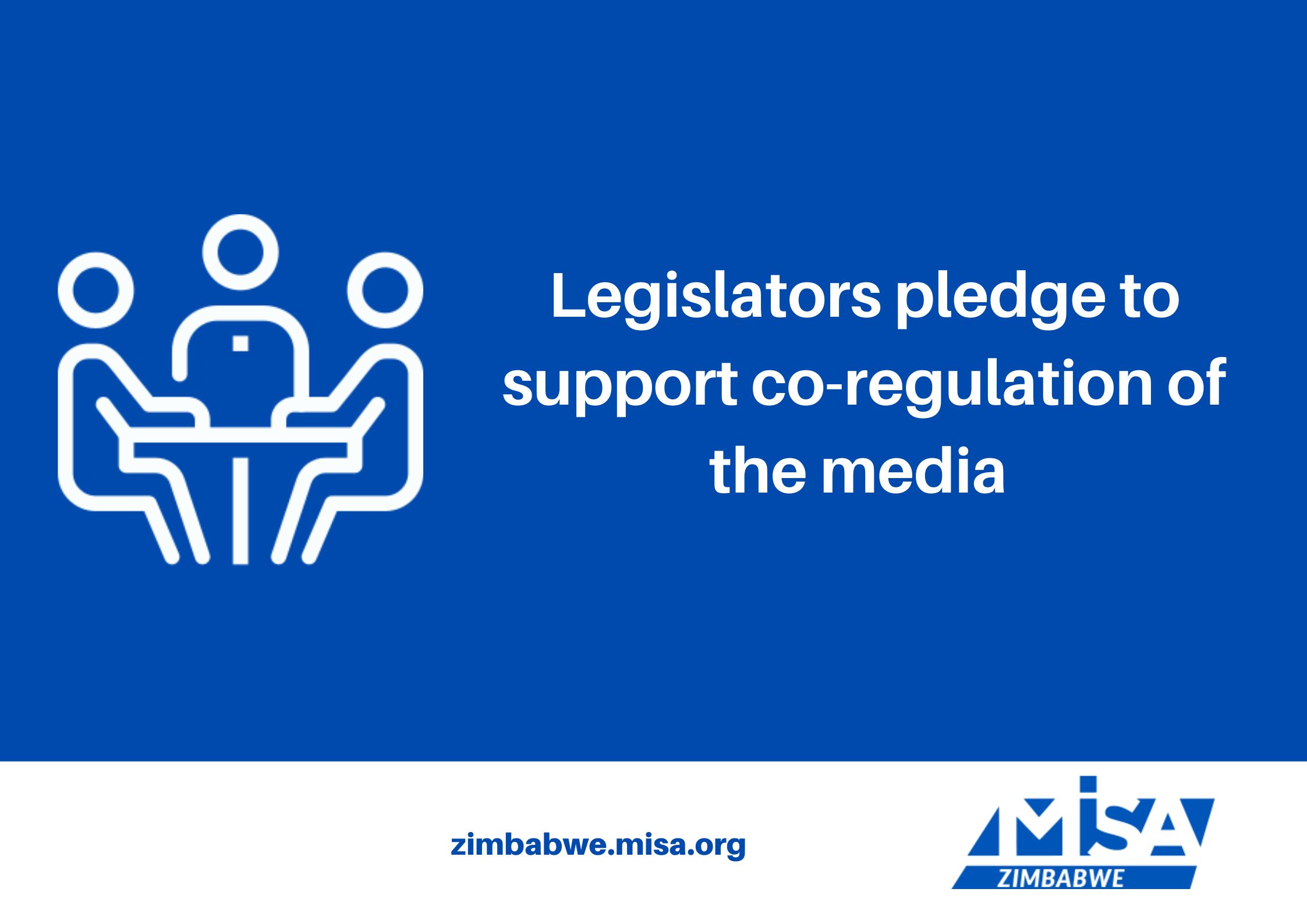MISA Zimbabwe, on the occasion of the International Day to End Impunity for Crimes against Journalists, commemorated annually on 2 November, urges the government to take concrete steps towards ensuring a safe working environment for journalists and media workers in Zimbabwe.
This comes on the backdrop of several cases involving the assaults, harassment and intimidation of journalists conducting their lawful professional duties as provided by the Constitution which guarantees the right to media freedom.
Some of the cases involving the assaults or unlawful arrests of journalists have reportedly been perpetrated by the police and other state security agents – the very same agents that are supposed to protect journalists and the citizens in general.
Recent cases include the assault of Ruvimbo Muchenje, a journalist with Alpha Media Holdings, who sustained injuries after the police assaulted her with batons during running battles between the cops and vendors in Harare’s central business district on 19 October 2019.
On 23 August 2019, Leopold Munhende, was arrested in Harare while covering a demonstration by members of the Amalgamated Rural Teachers Union of Zimbabwe despite the fact that he had duly produced his accreditation card.
Intriguingly, perpetrators of these crimes and media freedom violations have never been accounted for, even in instances where reports have duly been made at respective police stations. This inculcates a culture of impunity which puts the lives and safety of journalists at great risk as it encourages the perpetrators to continue with their wanton criminal acts.
The State should, therefore, take the lead in fulfilling its constitutional obligations of guaranteeing the safety and security of journalists, media workers and other content creators as they exercise their right to media freedom and freedom of expression.
This will go a long way in entrenching media freedom and citizens’ right to free expression and access to information as provided for by the country’s Constitution and other regional and international instruments that the country is party to.
This is even more critical where perpetrators of these crimes and violators of journalistic rights involve law enforcement and state security agents as has been happening over the years.
In that regard, other state security agents such as the police and the army, including constitutional bodies such as the Zimbabwe Media Commission and political parties, should take the lead in condemning these violations whenever they occur.
This will send a clear message to would-be other potential instigators and perpetrators of media freedom violations such as politicians, political party activists and supporters and the citizens at large, that crimes against journalists are punishable offences in Zimbabwe.
MISA Zimbabwe, therefore, recommends the following:
- Thorough investigations of cases involving the assault, harassment or unlawful arrests of journalists for purposes of prosecuting offenders and minimising impunity for crimes against journalists.
- Government/police/responsible authorities/political parties should issue statements condemning media freedom violations with clear messages to the perpetrators on the consequences of such criminal transgressions.
- The police and the media should revisit and implement the resolutions and action plans agreed to in December 2017. These action plans are aimed at improving the professional working relationship between the media and the police.
- In turn, the media industry should at all times conduct its duties in a professional and accountable manner in line with the profession’s ethics and codes of conduct and also take steps to address concerns about declining ethics and standards to reinforce media professionalism and accountability.
Above all, the Zimbabwe Media Commission (ZMC) should earn its keep by living up to its constitutional mandate to uphold, promote and develop freedom of the media which also includes conducting investigations into circumstances that appear to threaten freedom of the media.
In fact, the government has more to gain than lose in buttressing its democratic credentials by condemning and bringing to account those who commit crimes against journalists and media workers conducting their lawful professional duties.
End













